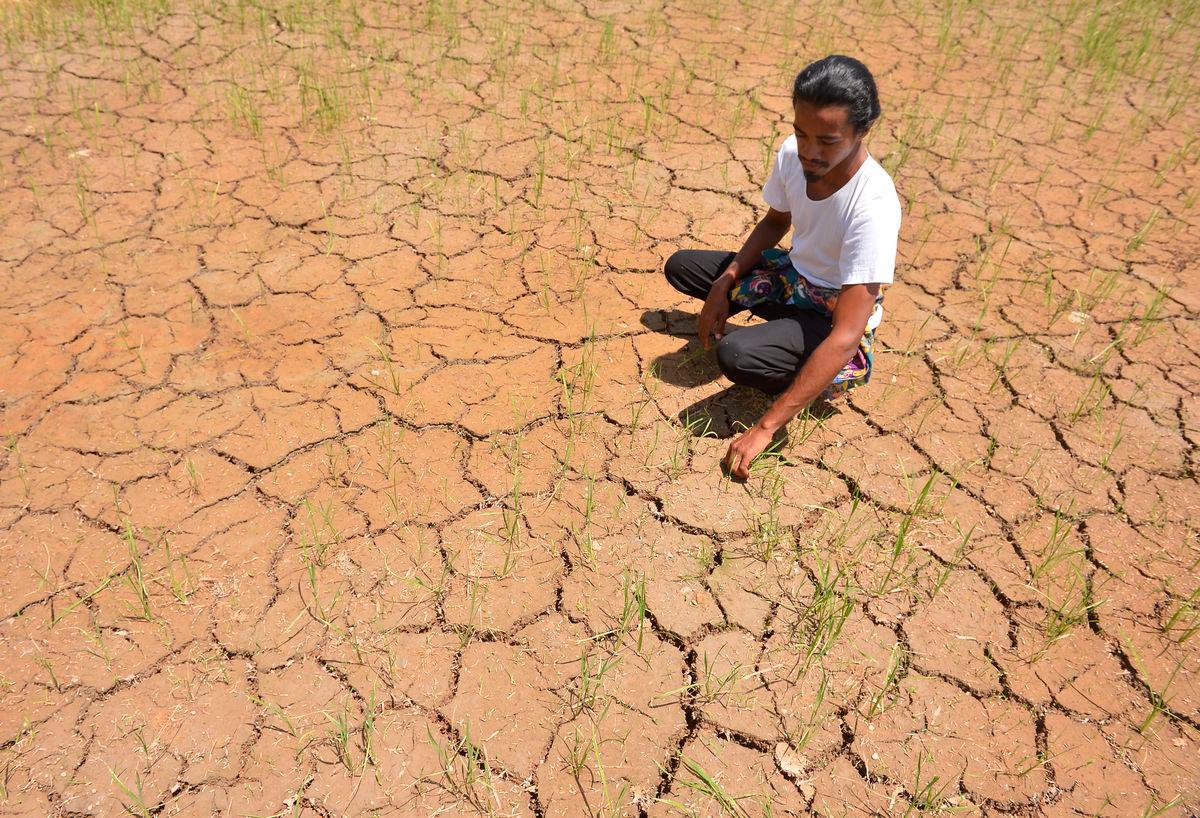PETALING JAYA: For 21-year-old Celeste Chung, the climate crisis is not just about melting glaciers or rising sea levels – it is about survival.
The young Sabahan activist believes Southeast Asia’s most overlooked climate threat is the erosion of food resilience, which she calls both a human rights challenge and a test of regional survival.
“Our region feeds 650 million people, yet rising temperatures, erratic monsoons and saltwater intrusion are putting immense pressure on farming and fishing.
“This isn’t just an environmental problem. It’s a human rights issue,” she said.
In her home state of Sabah, climate change has already begun to redraw the map.
Worsening floods, prolonged droughts and encroaching tides are forcing families to move – sometimes temporarily, sometimes for good.
“When I went home this August, relentless downpours flooded my neighbours’ houses,” she said.
“Some of my friends couldn’t return home at night, and for days our neighbourhood lost access to water entirely. It made me realise how fragile our systems are and how unprepared we remain for what’s coming.”
Across Malaysia and Borneo, climate-driven internal migration is quietly accelerating. Families are shifting inland from eroding coastlines, fishermen are abandoning traditional grounds and drought-hit districts like Papar are struggling with severe water shortages that push people towards urban centres.
While Malaysia’s emergency response systems are efficient in the short term, Chung said the country still lacks a national framework for climate displacement and livelihood recovery.
“We’re good at getting people out of danger, but not at helping them rebuild their lives afterwards,” she said.
“There’s no relocation fund, no structured plan for livelihood recovery and no protection for vulnerable groups – those who are the first to be hit and the last to recover.”
For Chung, the region’s ability to feed itself must now be seen as a cornerstone of climate security. She is urging governments to invest in climate-smart agriculture, coastal protection and regional collaboration to safeguard food systems and rural livelihoods.
Chung’s advocacy for food and climate security is matched by her push to give young people a voice in policymaking.
Recently, she represented Malaysia at the Asean Children and Youth Climate Summit, joining more than 150 young delegates to draft the Langkawi Children and Youth Climate Declaration 2025 – a call for intergenerational climate justice and shared responsibility.
“It was one of the most inspiring experiences of my life. We came from different countries and cultures, but we spoke the same emotional language: urgency, care and responsibility for our planet.”
As a member of the drafting team, Chung championed the voices of coastal, stateless and indigenous communities in Sabah. The experience strengthened her conviction that Southeast Asia’s climate challenges are deeply interconnected and that young people must be part of the solution, not just the conversation.
“If we want future-ready climate policy, youth must have real seats at the table. Right now, we’re often invited to summits but excluded from where the budgets and policies are made.”
Her solution is bold – embed youth representatives with genuine decision-making power at every level of Asean’s climate framework.
“Giving youth formal power would transform climate policy from reactive to proactive, designed not just for us, but with us,” she said.
For Chung, climate action is no longer a distant ideal but a matter of daily survival for people, for livelihoods and for the region’s shared future.
“Don’t underestimate the power of your voice. Whether you’re a student, policymaker or farmer, you have a role to play. Action isn’t someone else’s job. It’s our shared responsibility.”









